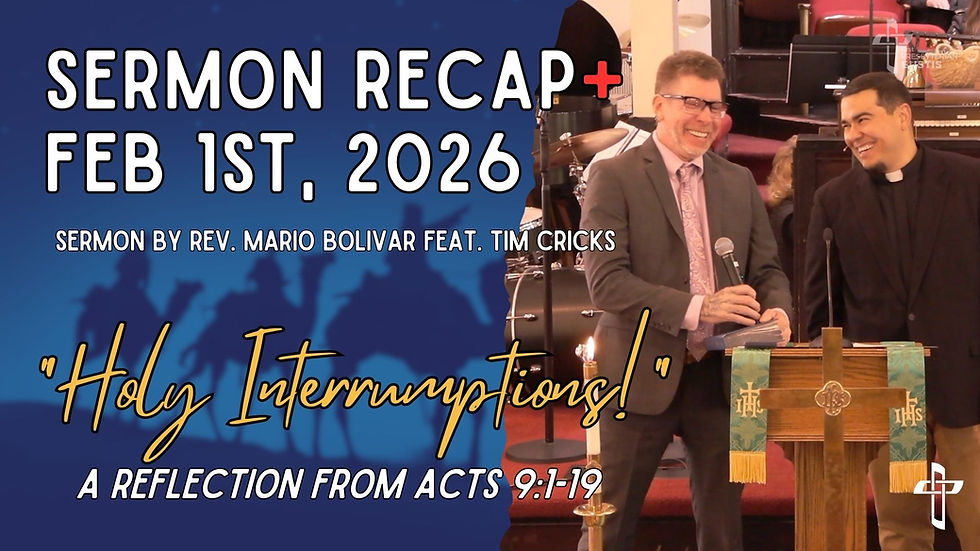The Web of Deception
- Mario Bolivar
- Oct 16, 2023
- 3 min read
Updated: Oct 17, 2023
A Christian Perspective on Fake News!
In today's digital age, we are bombarded with information from every direction, thanks to the advent of social media. While this connectivity can be a blessing, it has also become a breeding ground for the spread of fake news and fear-mongering. As Christians, we are called to be discerning and truthful in all aspects of our lives, including our online presence.
Did you know that as a Christian, you have the responsibility to explore, consider, and stop the spread of fake news, and even the false good news of the world? Did you know there are practical ways to spot fake news and control the spread of fear? -- I am glad that we can work together on this.
The Bible reminds us of the importance of truth and integrity in our lives. Proverbs 12:22 (NIV) states, "The Lord detests lying lips, but he delights in people who are trustworthy." Sharing fake news not only spreads falsehoods but can also incite fear, panic, and division among people. It is essential for us to remember that the devil is often referred to as the "father of lies" in John 8:44, and he seeks to use deception to undermine God's truth.
Walking Away vs. Responsible Engagement:
In the face of rampant fake news, some may choose to walk away from social media altogether. While this may seem like a straightforward solution, it can be a hefty price to pay, as social media has become an integral part of modern communication and outreach. Instead, we should strive to be responsible digital citizens who engage with discernment and wisdom.
How to Spot Fake News:
1. **Evaluate the Source:** Before sharing any news article or information, consider the source. Is it a reputable and trustworthy news outlet? Be cautious of websites or accounts with a history of spreading misinformation.
2. **Examine the Information:** Read the content critically. Does it seem sensationalized or too good (or bad) to be true? Cross-reference the information with multiple credible sources to verify its accuracy.
3. **Check the Origin of Videos:** Videos can be easily manipulated or taken out of context. Verify the authenticity of videos by searching for additional sources or background information that corroborates the claims.
4. **Investigate the Source of Sharing:** Be mindful of who is sharing the update. Is the account genuine, or does it exhibit suspicious behavior? Fake accounts often lack personal information or have few followers.
God's Expectation of Us:
As Christians, our responsibility extends beyond our offline lives. We are called to be the light in the world, shining the truth and love of Christ. Ephesians 4:25 (NIV) urges us, "Therefore each of you must put off falsehood and speak truthfully to your neighbor, for we are all members of one body."
In conclusion, the spread of fake news and fear-mongering on social media is a real concern for Christians. God expects us to be truth-bearers and peacemakers in a world often filled with deception and discord. By following the principles outlined here and seeking guidance through prayer and discernment, we can fulfill our duty as responsible digital citizens and faithful followers of Christ. Let us remember the words of Philippians 4:8 (NIV), "Finally, brothers and sisters, whatever is true, whatever is noble, whatever is right, whatever is pure, whatever is lovely, whatever is admirable—if anything is excellent or praiseworthy—think about such things."





Comments